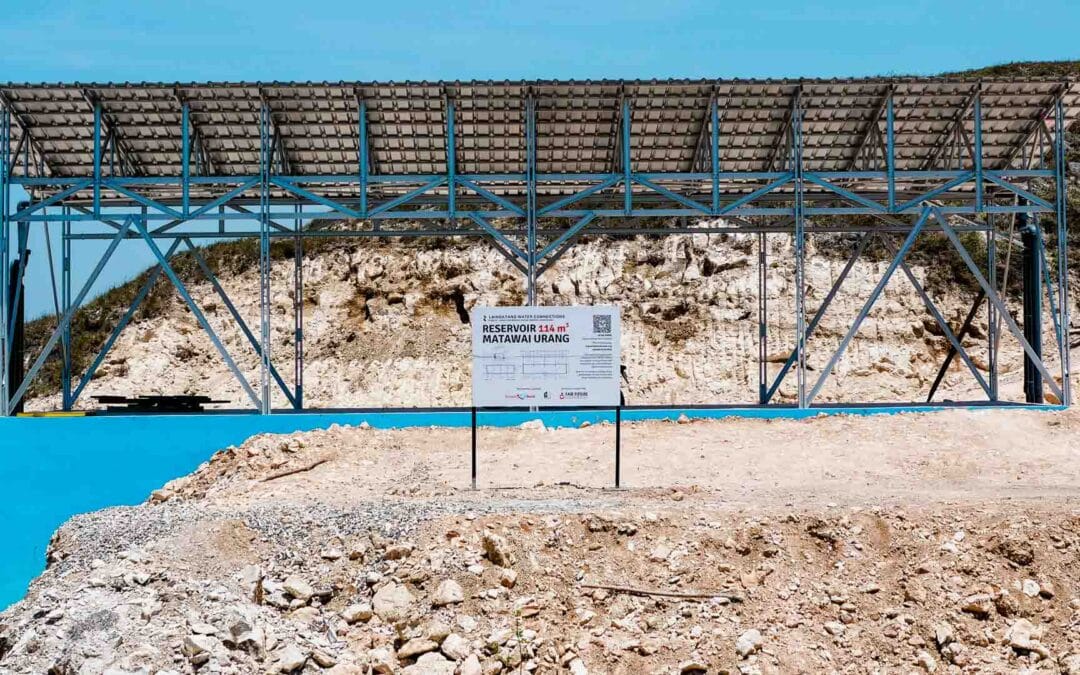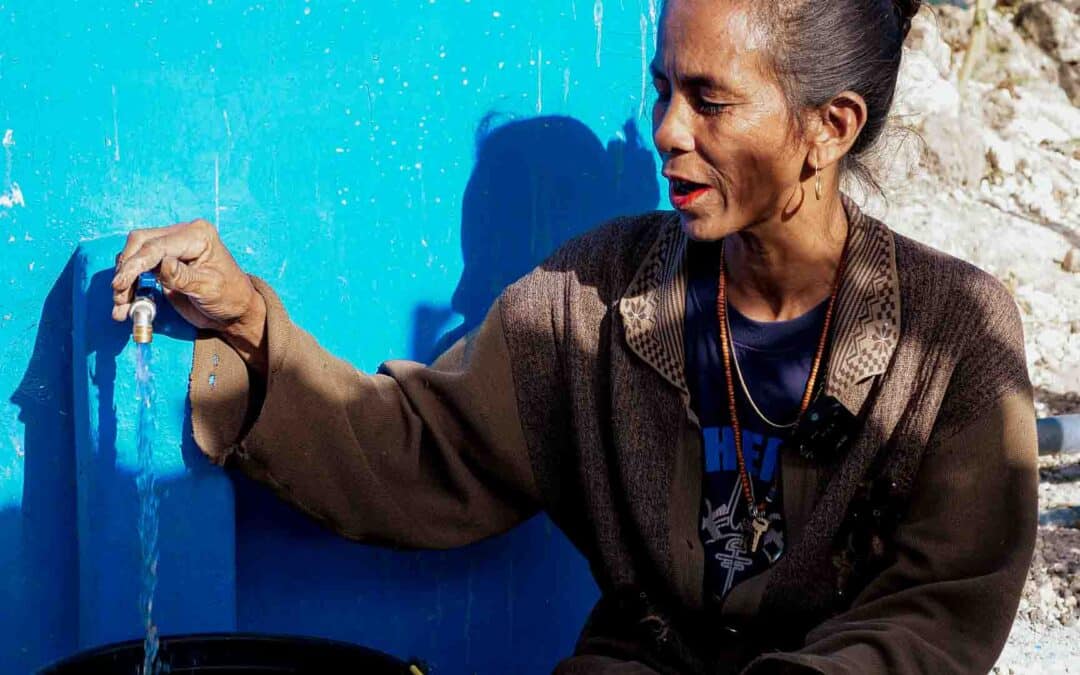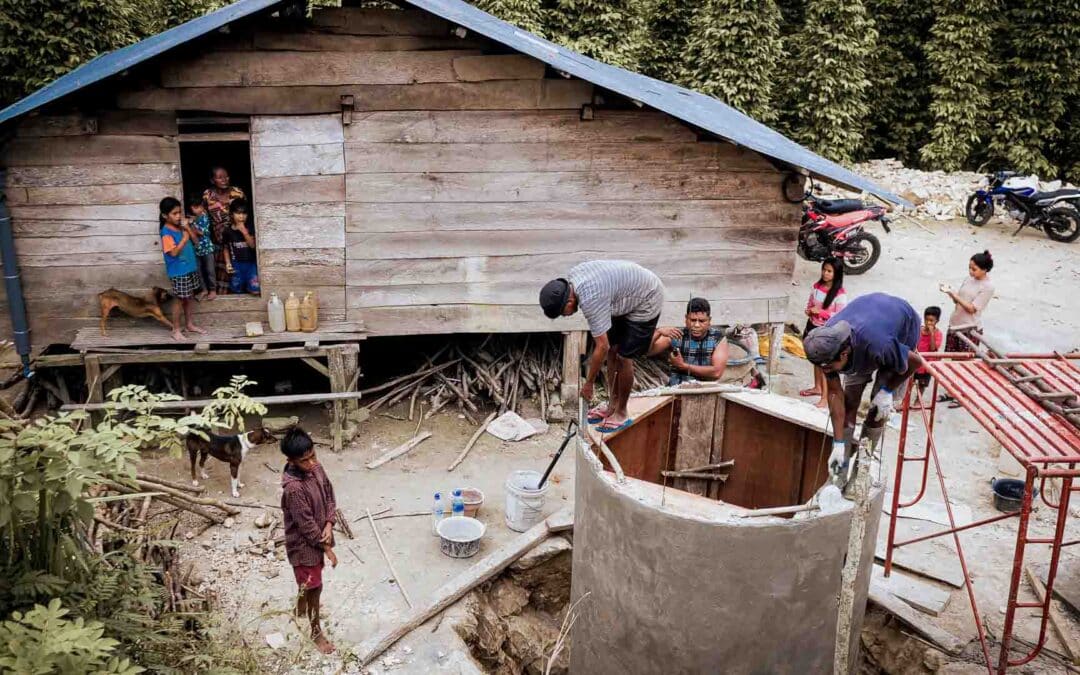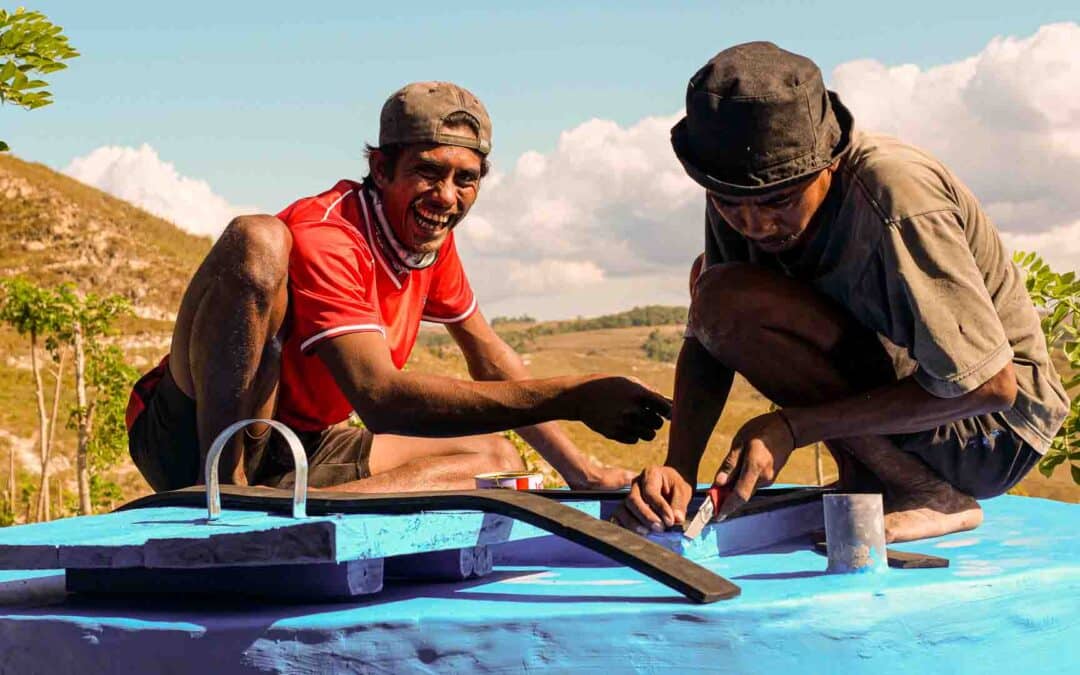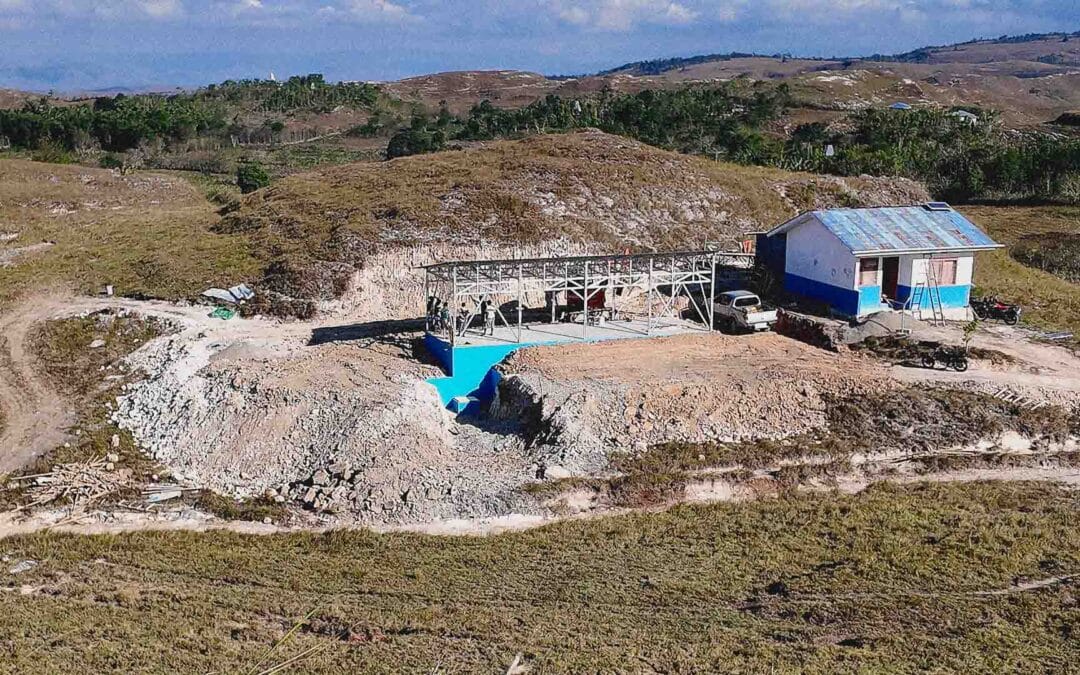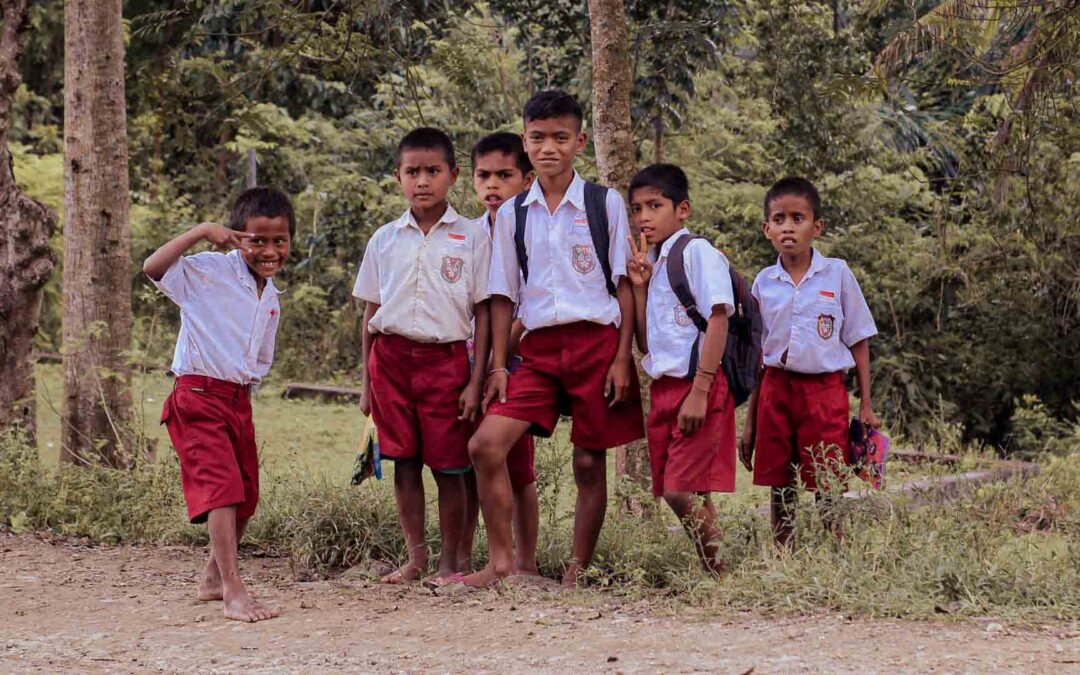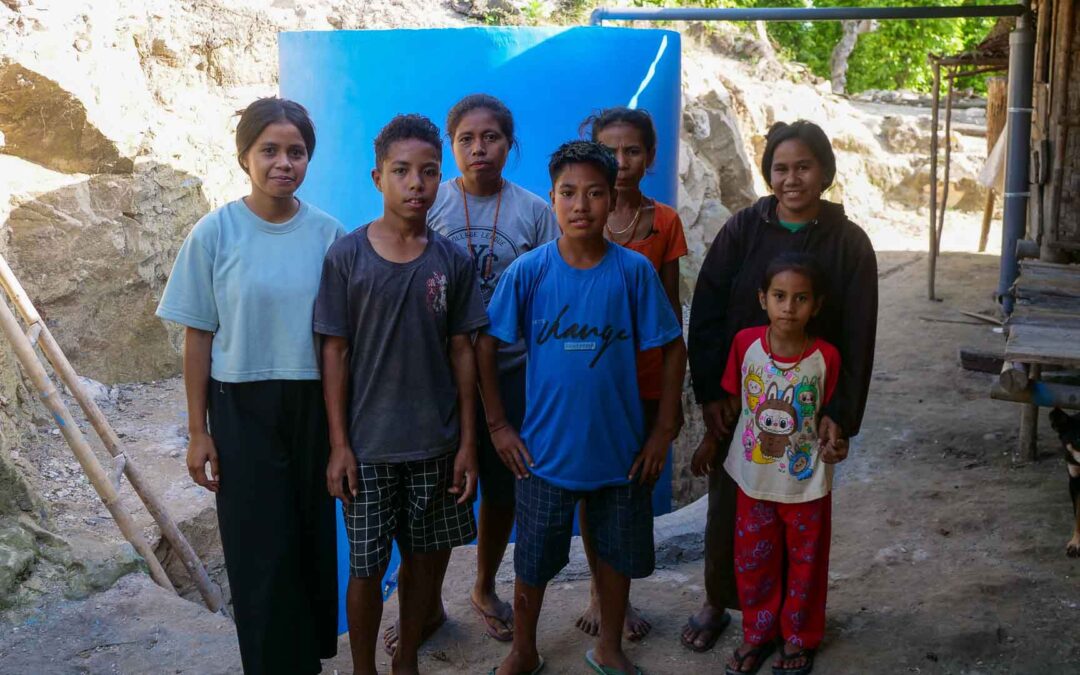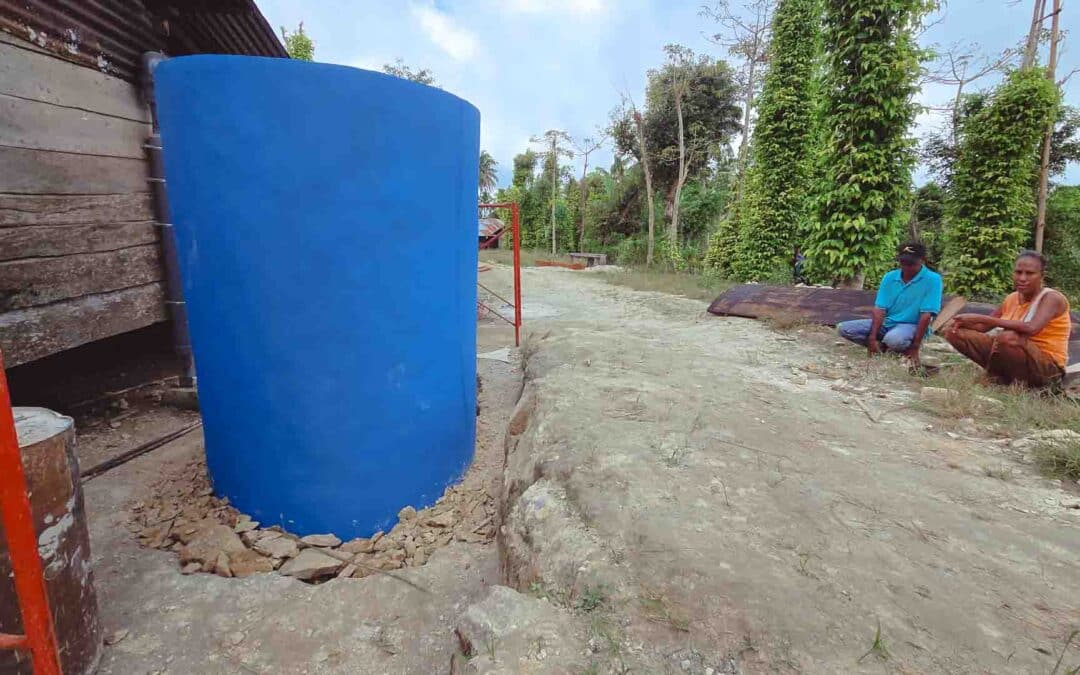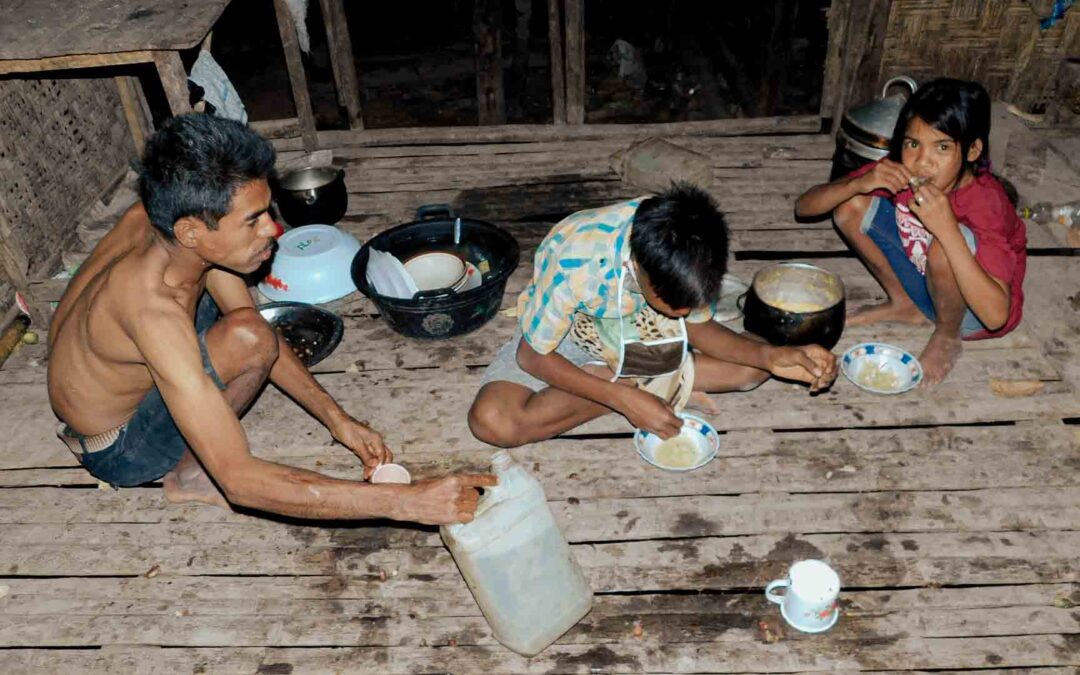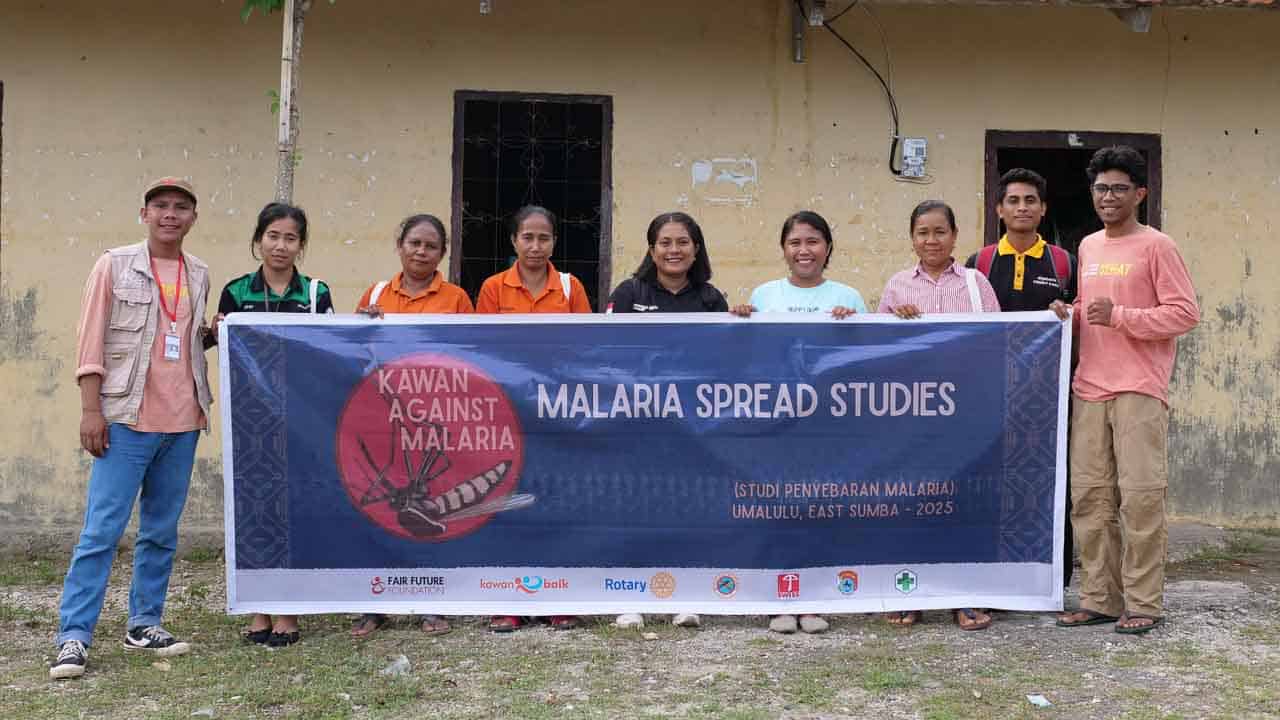- The Water Connection Project – MbinuDita website – Today we collected in donations or pledges: 42% 42%
Where are we, who is helping us and how should we continue?
We are hard at work on-site, the project is progressing well but we are still looking for more than 50% of the total amount.
As Fair Future publishes this post about the Water connections program, we inform that with utmost gratitude to our donors, we managed to raise nearly 42% of the total budget to make the entire water facility operational in MbinuDitaWork, Now, work is continuing on the sites and the rest is being organized. February and the coming months will be very busy for the teams on site.
Water and health in MbinuDita rural area
The main goal and to reduce significant infant mortality, congenital problems, sometimes serious illnesses related to the consumption of unclean water. And therefore improving living conditions, creating economic opportunities, and consequently creating wealth and mental well-being.
- Contaminated water and poor sanitation are linked to the transmission of diseases such as cholera, diarrhea, dysentery, hepatitis A, typhoid, and polio;
- Absent, inadequate, or inappropriately managed water and sanitation services expose individuals to preventable health risks.
Fair Future throughout its public health actions, can say that: Safe and easily available water is important for public health, whether it is used for drinking, domestic use, food production, or for recreational purposes. But also that the improvement of water supply and sanitation, as well as better management of water resources, can stimulate the economic growth of countries and contribute greatly to poverty reduction.
Economic and social effects of this project in MbinuDita
- When water comes from improved and more accessible sources, people spend less time and physical effort collecting it, which means they can be productive in other ways, and this goes for the MbinuDita region;
- It can also translate to greater personal safety by reducing the need to make long or risky journeys to fetch water. Here, children and women most often have to travel for miles to fetch a few liters of “edible” water;
- Providing a clean water system – better water sources – for these more than 200 families in MbinuDita also means less health care costs, as people are less likely to fall ill and incur medical expenses. medical facilities, and are better able to remain economically productive;
- We have seen children die, fall into comas, have mental deficiencies from drinking polluted water here in MbinuDita and elsewhere;
- Given that children are particularly vulnerable to water-related diseases, access to a clean water network or -improved water sources-, can translate into better health, and therefore better school attendance. , with longer-term positive consequences for their lives.
The Water Connection project. MbinuDita Site
Our teams are preparing to return to the field with several missions: Medical care, access to clean water which is part of the prevention program, and access to a better quality of life and health. But roughly speaking, our main job and mission are to carry out and complete the “Water Connections” project of MbinuDita. Either bring clean, non-lethal water to over 200 families, including many kids of all ages.
While allowing them to learn and redo storage structures, for example, since everything is made of Ferro-cement. I’m talking about the large reservoirs we make, they can store between 5 and 10,000 liters of clean, drinkable water, built by us with local resources: iron and cement. What we have to do is a huge job that requires us to be on-site during these phases of setting up and creating these “water connections”. Basically, we still have to build 10 tanks, and 10 sanitary solutions (i.e. 20 WC places to wash, again in Ferro-cement).
The center of these “water connections” is our school of MbinuDita… The top of the hill and gravity will do the rest! You can see the details of the project in the attached brochure after this text. It’s interesting and very innovative, and in addition, it empowers the beneficiaries (the local community, the more than 200 families), because they are with us to work, it is their reward in fact that we proceed in place.
Two trucks loaded with various materials are also preparing to leave this week: We hope to be able to load the kilometers of rigid pipes, two hydrodynamic pumps, an electric generator and iron, tons of iron, and cement (Ferro-cement constructions)… everything else.
The Truck of Life with Ayu and Alex at the wheel will mainly bring medical equipment to the site, aiming to supply Rumah Kambera with medical equipment, medicines, surgery, and everything that we would have forgotten to load into the trucks.
How should we continue?
Hundreds of villages like MbinuDita, located in the regions where we are active, live in areas of water stress. Climate change, increasing water scarcity, population growth in these rural areas make us very concerned about their future.
As we did for the Mauliru project (Construction of the 1st community water centre), the reuse of wastewater, to recover water, nutrients or energy, is becoming an important strategy. More and more countries are using wastewater for irrigation. We can also say that in developing countries, this represents 7% of irrigated land, that’s huge!
Although this practice, if done inappropriately, poses health risks, safe wastewater management can bring multiple benefits including increased food production, creation of nutritious gardens for example as in the framework of our Rumah Kambera Base Camp.
And this gives even more meaning to this project of “Water Connections – MbinuDita Site”, which I can repeat here, totally innovative and original in its participatory, technical, ecological concept and its implementation.
Options for water sources used for drinking water and irrigation will continue to evolve, with increasing reliance on groundwater and alternative sources, including wastewater. Climate change will lead to greater fluctuations in harvested rainwater. Management of all water resources will need to be improved to ensure supply and quality.
And you can help us see this project through to the end, which we repeat is absolutely vital. Today we collected in donations or pledges 42%. Support this program and all the team on the field.
Thank you very much.
#cleanwater #water #waterfilter #drinkingwater #waterislife #health #watertreatment #safewater #purewater #sustainability #environment #nature #healthylifestyle #healthy #waterpurification #ecofriendly #drinkwater #stayhydrated #climatechange #hydration #cleanwaterforall #healthywater #wastewater #drinkmorewater #healthyliving #waterquality #waterquantity #education #hydrate #wastewatertreatment #covid #conservation #waterconservation #plasticfree #love #bethechange #filteredwater #sanitation #gogreen #wellness #summer #pollution #waterbottle #watercrisis
Download this presentation in .pdf here – Share it, print it!
Your comment and feedback is invaluable
…to all of us here who are working in the field. You have a role to play, you can bring us your knowledge, it will be greatly appreciated. Thank you so much for your words and your benevolence.



